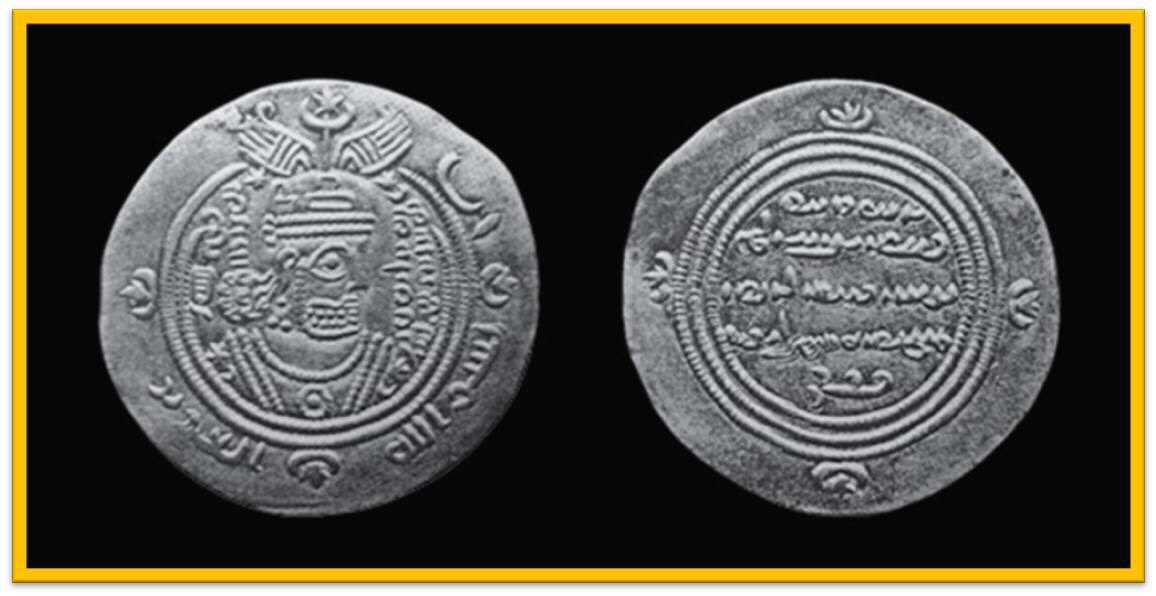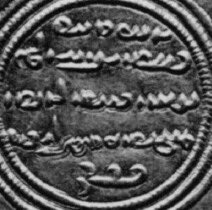Photo: Charles Martel defeats the Saracens at the Battle of Tours (miniature), from Les Grandes chroniques de France, folio 117v, British Library.
Keep Current with May Shaddel
This Thread may be Removed Anytime!
Twitter may remove this content at anytime, convert it as a PDF, save and print for later use!

1) Follow Thread Reader App on Twitter so you can easily mention us!
2) Go to a Twitter thread (series of Tweets by the same owner) and mention us with a keyword "unroll"
@threadreaderapp unroll
You can practice here first or read more on our help page!


